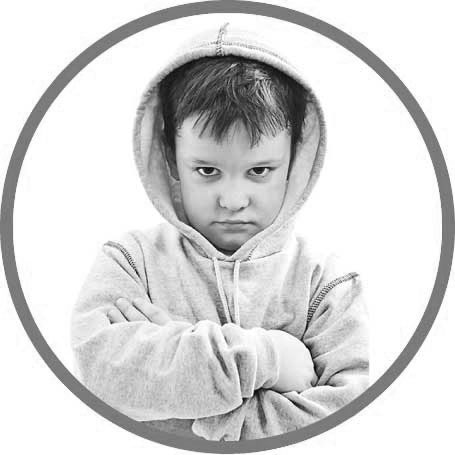
Coaches are often one of the significant adults in youth’s lives to first recognize the youth has a problem with emotions or behaviour. This can be difficult time, and knowing the direction to take can be unclear. It can be confusing trying to tell the difference between symptoms of mental illness vs. normal problems that all kids experience from time to time.
The following are a few signs which may indicate that a child and adolescent psychiatric evaluation will be useful.


Speak to the youth regarding your main concerns, and listen to their response.
Let the youth know you will help them to work out the problem, or let them know where they can get the help they need.
Share your concerns with their parents.
If problems persist over an extended period of time and especially if others involved in the child’s life are concerned, consultation with a child and adolescent psychiatrist or other clinician specifically trained to work with children may be helpful.
Expand the Reach is a web based resource for coaches, athletes of all levels, parents and community organizations to support Mental Wellness, and early intervention for better performance in sport & life.